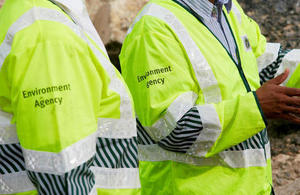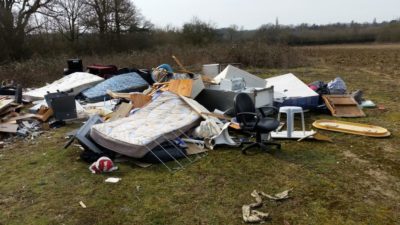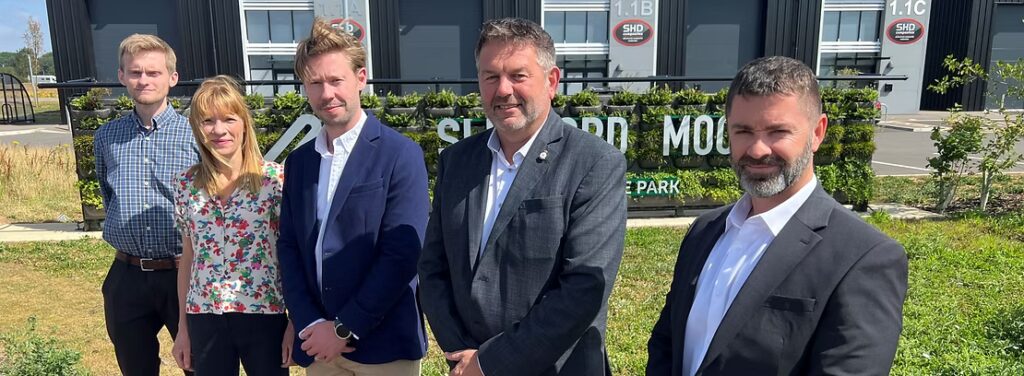Hosted by FCC Environment last month, sector experts gathered to discuss the impacts of waste crime and the barriers in place which prevent the sector clamping down on the issue.
This included fears that the problem is gradually getting worse, as waste criminals become more sophisticated, as well as fears of a lack of resources at the Environment Agency for enforcement.
Others called for the waste producers to take more responsibility for where material ends up, and hoped upcoming extended producer responsibility (EPR) legislation would help with this.
Attention

Jacob Hayler, executive director at the Environmental Services Association (ESA), noted that while recent waste crime reports have been “influential” in bringing waste crime to the attention of Defra, much more still needs to be done to fight it.
He explained: “We are not really seeing the impacts on this extra emphasis. Anecdotally we hear from our members that it is getting worse and is more entrenched than ever. So earlier this year, the third report estimates the waste crime is actually going up. So what on earth needs to change? We have been shouting the same thing for years.”
He noted that the three key areas being pushed by the ESA in preventing waste crime, which are: preventing criminals from entering the sector in the first place, raising fines to act as a suitable deterrent, and shut the crime down quickly once it’s happening.
‘Sophisticated’
Emma Viner from the Environment Agency, and senior team leader at the joint unit for waste crime , spoke next, agreeing with the steps outlined by Mr Hayler.
She said that tackling waste crime is becoming more difficult as waste criminals become more “sophisticated”.

Ms Viner added that while the Environment Agency does the best it can with the resources at hand, more resources need to be available to allow them to crack down more efficiently.
“Waste crime is a priority for the EA, its in all of our high level strategies, but resourcing is a challenge we face. There’s only so much we can do with the resources we’ve got, and the more sophisticated criminals get, the harder it is to tackle it. We want to do more. We are trying to keep up with that level of sophistication.
Responsibility
Meanwhile, operations director at FCC Environment, Chris Ellis, urged the need for the producer of waste to take responsibility.
He said: “If, through extended producer responsibility can get producers to be responsible for their packaging, I don’t know why we can’t get waste producers to be responsible for their waste.”

He added that the waste crime discussion has been ongoing since 2012, however he see’s “no benefit” from it.
Chris Ellis added: “It is great to see LetsRecycle and ESA continuing to shine a light on this major issue, and how as a sector we must continue to do so given the scale of problem and the impact it has on public purse and the environment.
“There are of course challenges, but the Government needs to maintain its focus on the issue, especially with forthcoming changes, such as DRS which has the potential for serious organised crime. Now more than ever it is important that the Government brings forward regulation and enforcement measures to deter rogue operators.”
I don’t see anyone afraid of the consequences
–Stephen Patterson, Remondis Waste solutions
Fines
Stephen Patterson, managing director at Remondis Waste solutions, rounded off the discussions by “agreeing wholeheartedly” with previous points.
He described the issues around a “lack of consequence” for criminals, highlighting the need for larger fines.
He explained: “I don’t see anyone afraid of the consequences.They see more benefits than risk, and that’s still the case now even though we have talked about it for ten years. I recognise the efforts the EA are making trying to get to grips with it but in all honesty its not yet having an impact.”









Subscribe for free